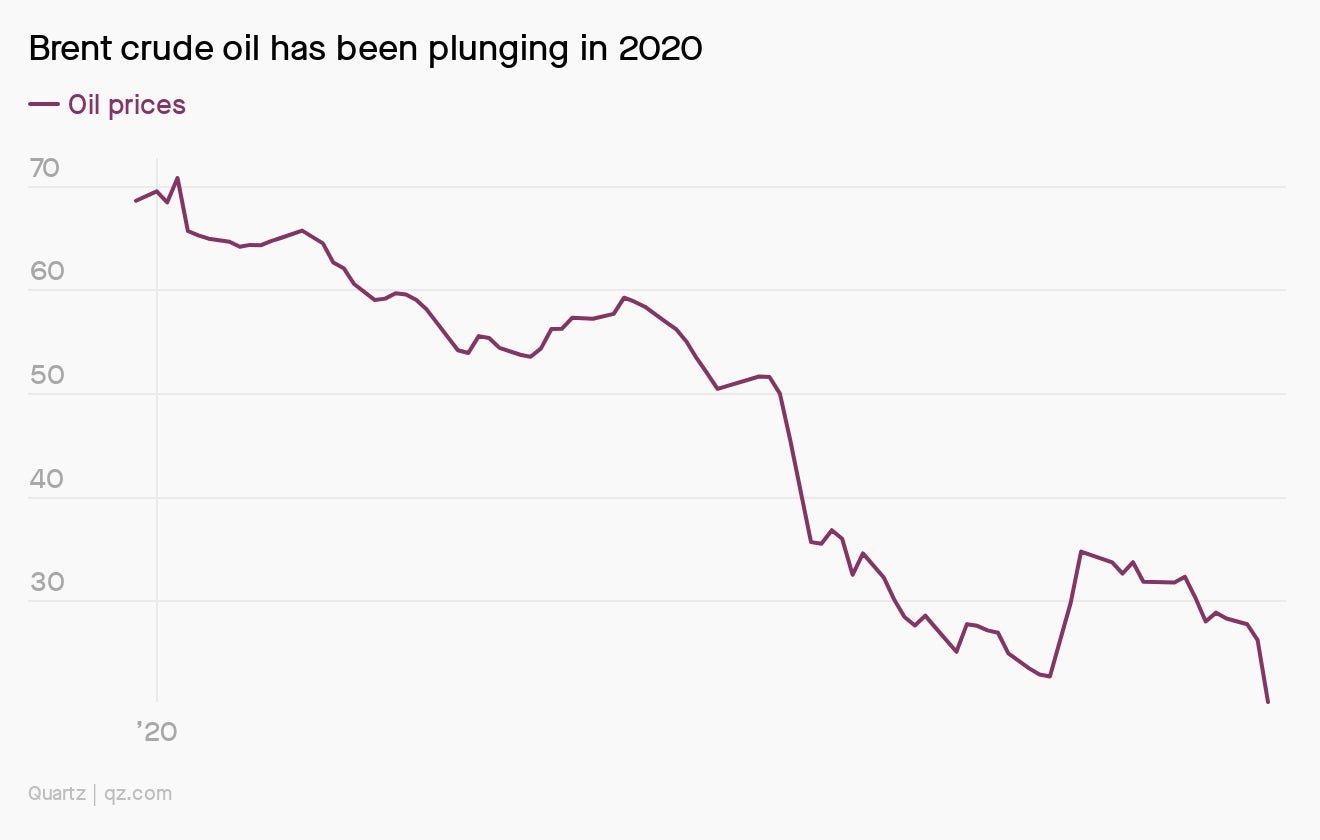Pharma fail, China Inc. downgraded, $650K funerals
Good morning, Quartz readers!

Good morning, Quartz readers!
Here’s what you need to know
A Gilead drug test flopped. An accidentally published draft summary detailed that the pharmaceutical giant’s remdesivir drug failed to improve patient conditions. The news reversed positive momentum in US markets for the day. Eli Lilly also announced it was starting human trials for its experimental antibody-based treatment.
Another 4.4 million Americans filed for unemployment. The economic fallout from the pandemic now totals 26 million total jobless claims over the past five weeks and a rise in early retirements. Nevertheless, a majority of Americans still say it’s more important to stay home than return to work.
China and Japan step up testing. “Key populations” in China will be tested for the disease and antibodies, as worries of a resurgence grow ahead of the Labor Day “golden week” holiday in May. Japan is also introducing drive-through testing as its caseload sees regional spikes. Meanwhile, Google and Apple’s tracking technology will arrive next week—weeks earlier than anticipated.
China Inc. gets a global downgrade. Trade between Africa and China fell 14% in the first quarter—a trend that could continue as African economies lockdown. That’s not all: The global pharmaceutical supply chain may be weaning itself off Chinese manufacturers and a growing number of governments are paying companies to move manufacturing leave the country.
Indonesia extended its travel ban into early June. Starting today, domestic and international air and sea travel and cargo shipments will be suspended with few exceptions. The country continues to see a rise in coronavirus cases.
Google and YouTube tighten up their shops. A new Google verification process will require all advertisers to submit identification in an effort to curtail scamming and price gouging. YouTube also announced stricter bans on misinformation around Covid-19 content. The company is also reportedly freezing new hires and slashing budgets.
🏈 An all-remote NFL draft is expected to smash viewership records.
⚽️Germany’s soccer leagues said they’re ready to resume matches next month.
🏁And these street racers aren’t waiting for anyone to start their engines.
Charting the price of Brent
West Texas Intermediate (WTI) oil received all the attention this week after its price went negative for the first time ever. But its international counterpart, Brent crude oil, has also seen a historic decline this year—in April alone, the price declined around 35%. Unfortunately for Indian motorists, that has not translated to cheaper prices at the pump.
- Just as Greece began to move out of a decade-long economic crisis, the coronavirus outbreak forced a nationwide shutdown. That’s made delivery workers essential, but vulnerable, in cities like Athens.
- The world’s reliance on Chinese pharmaceuticals has long been a concern, albeit one that had largely been seen as an acceptable trade-off. Covid-19 could change that calculus.
We’re obsessed with typhoid mary
The original super-spreader. New York City cook Mary Mallon was the source of multiple typhoid outbreaks and was detained for decades due to misconceptions about asymptomatic spread. Her role in the early 20th-century epidemic illustrated the precarious balance between individual liberty and public welfare. The Quartz Daily Obsession thinks that sounds awfully familiar.
You asked about delivery safety
“How are we any safer exposing ourselves to delivery people who have exposed themselves to all the dangers of a grocery store?” – Ross C.
Because it’s delivery week at Quartz, this is a question that’s been on our collective hivemind You’re absolutely correct, Ross, that delivery workers are at a higher risk of infection than those who are able to stay home. That’s one of the reasons we asked 10 of the most popular food-delivery services if their workers can take paid sick leave.
As to whether your delivery person can get you sick, the CDC says that coronavirus generally spreads through respiratory droplets, which is why masks are now recommended. When it comes to the goods they deliver, the CDC says, “It may be possible that a person can get COVID-19 by touching a surface or object, like a packaging container, that has the virus on it and then touching their own mouth, nose, or possibly their eyes, but this is not thought to be the main way the virus spreads.”
So while there’s no such thing as perfect safety, handwashing after handling delivered goods is probably a safe bet. And of course, tip your people well—after all, they’re putting themselves in respiratory harm’s way so you don’t have to.
Surprising discoveries
Tom Hanks responded to a young Australian bullied for his name, Corona. The actor also mailed a Corona brand typewriter to the eight-year-old boy.
Telemedicine has gone post-human. The demand for virtual doctor visits has spread to veterinarians’ offices while Boston Dynamics robots are lending a helping hand in hospitals.
Researchers found a long-lost medieval recipe for blue ink. Folium, a key ingredient, is derived from the fruit of a small plant that grows in Portugal.
There may be a healthier way to brew coffee. A new study says filtered coffee prevents heart attacks, while unfiltered methods like French press worsen cholesterol.
Our best wishes for a productive day. Please send any news, comments, filtered coffee, and drunk typewriters to [email protected]. Get the most out of Quartz by downloading our app on iOS or Android and becoming a member. Today’s Daily Brief was brought to you by Max Lockie and Patrick deHahn.
